13-inch MacBook Pro review: is this the power laptop to beat?
Apple’s latest Pro blows the MacBook Air out of the water

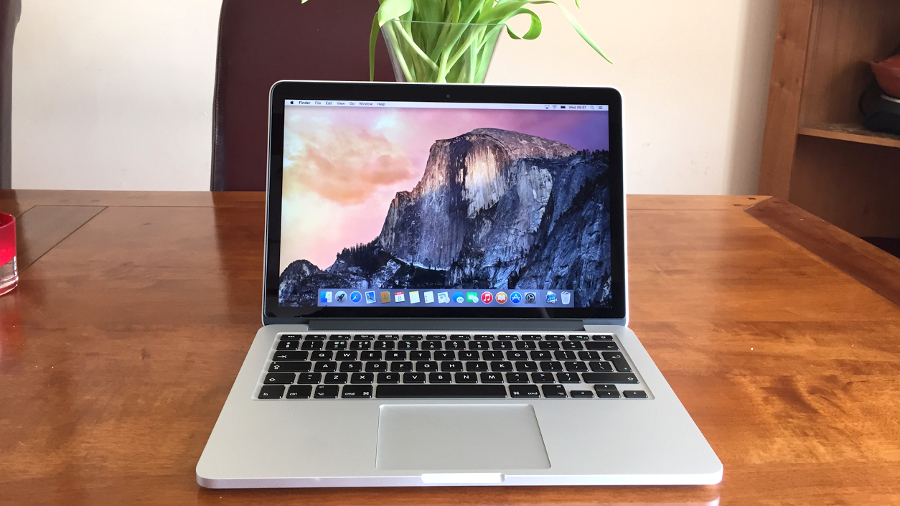
-
+
Retina display
-
+
Doyble RAM
-
+
Processor speed bump
-
-
Not huge update
-
-
Battery life
-
-
MacBook Air instead?
Why you can trust T3

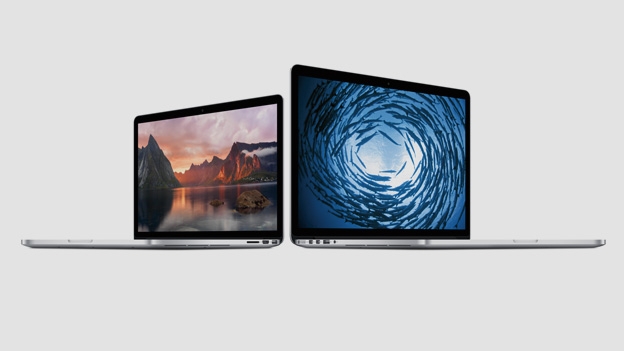
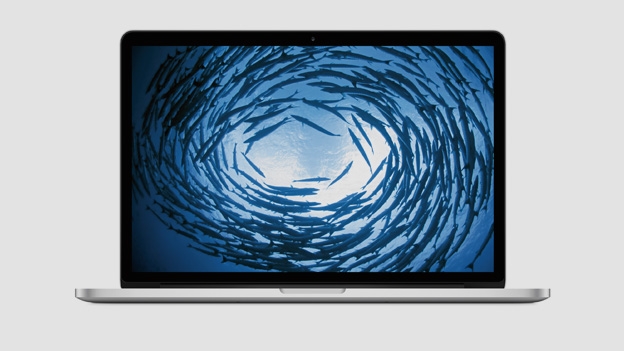
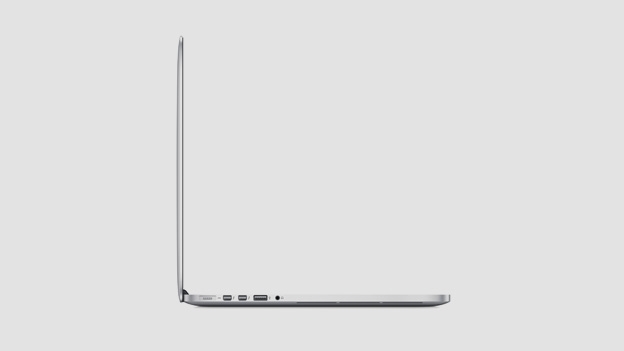
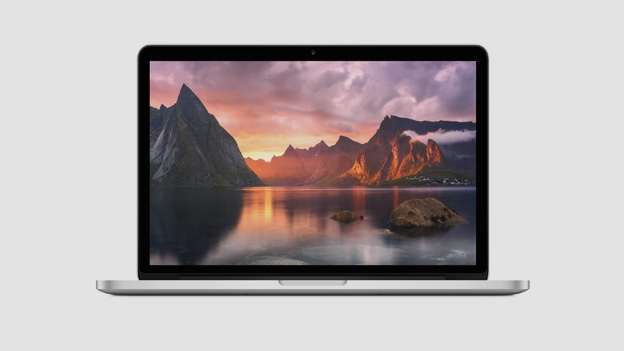
Update: We're expecting new MacBook Pros any time now.
When Apple first launched the first MacBook Pro with Retina display it was clearly Apple at its best, taking something that the public imagined to be impossible and then making it not only possible, but packaging it in such a way that it looked like it had been appearing on the best laptops for years.
Of course, as with all products that push boundariesthere are going to be some compromises, and the Retina MacBook was no different.
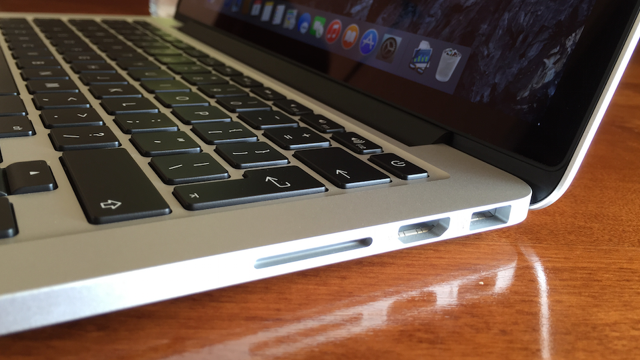
For starters there was the price, the entry-level model cost an eye-wincing £1,799 and for that you got a 2.3GHz i7 processor and only 256GB of SSD storage, and then there was the battery life.
Even with average use the original Pro threw in the towel after just five hours, showing that while the Retina display was indeed stunning, it was also incredibly greedy.
Thankfully though, Apple loves nothing more than to tinker, taking a concept and then tinkering and fine-tuning to an astonishing degree making gains year on year.
The original iPhone launched with a revolutionary touchscreen, but it had no App Store and couldn't even manage 3G when other smartphones were managing video calls over mobile networks.
Design and Features
The latest 13-inch MacBook Pro with Retina Display isn't a huge leap forward; just a processor speed bump and a price drop. But this model, the entry-level release, also benefits from a memory increase.
Being a Retina MacBook Pro, you can't add more memory after purchase because the chips are soldered onto the motherboard, so a shift to 8GB is an excellent move. The price drop is another welcome change; two of the three 13-inch Retina models have a £100 reduction with the middle-of-the-range notebook reduced by £50. But the real story with this new 13-inch MBP is what it's done to the viability of the MacBook Air.
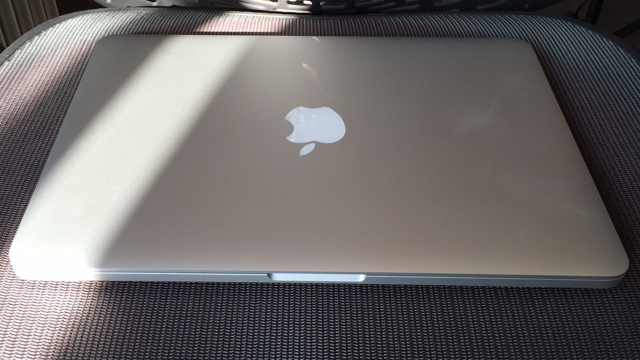
You get a lot more for your money than with the cheapest 13-inch Air. Both use dual-core Intel Core i5 processors, but with a clock speed of 2.6GHz, the Pro is almost twice as fast as the Air's 1.4GHz CPU. Its 8GB of memory is the same as that now offered by the entry-level Air.
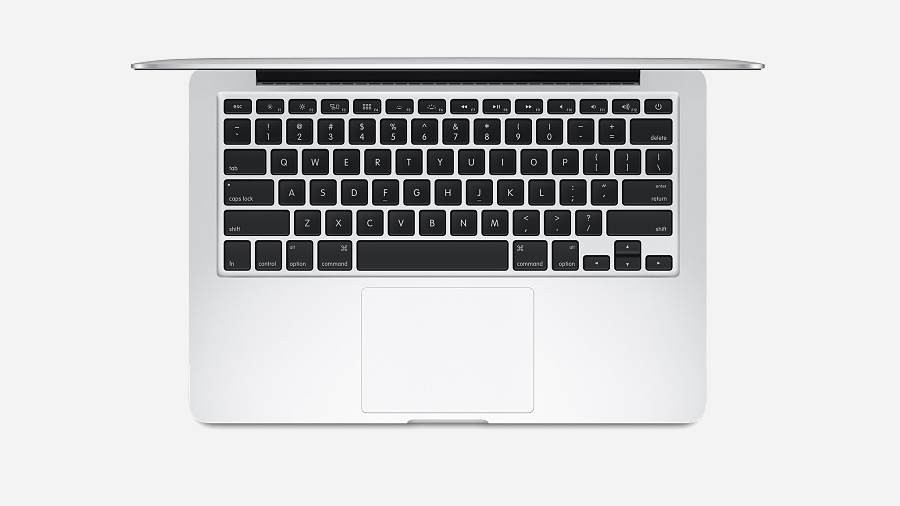
Performance
The previous entry-level Retina MacBook Pro had just 4GB of RAM, but this new one has 8GB of 1600MHz DDR3L onboard memory. The dual-core Intel Core i5 processor is retained, but it's now 2.6GHz instead of 2.4GHz.
Get all the latest news, reviews, deals and buying guides on gorgeous tech, home and active products from the T3 experts
Here's how the benchmarks stack up:
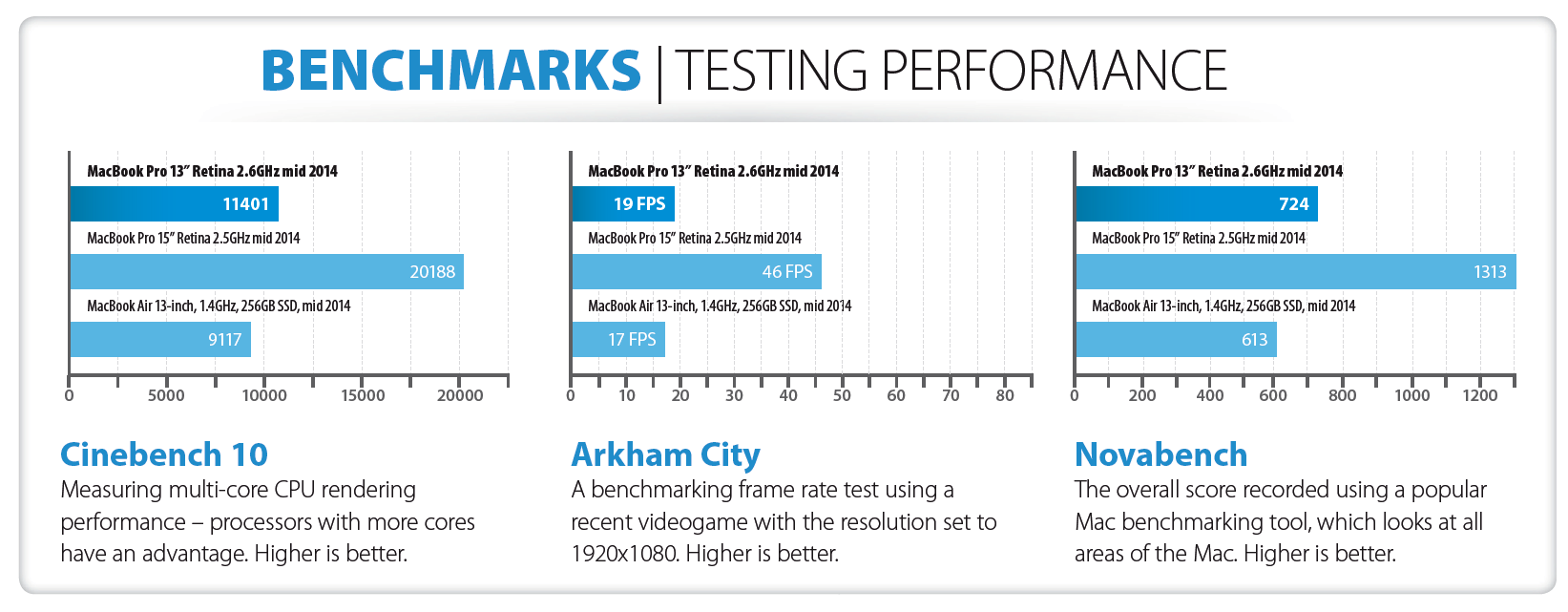
The Pro has a better graphics chipset than the Air, using Intel Iris Graphics instead of the Air's Intel HD Graphics 5000, and, of course, it has that gorgeous Retina screen. It's native resolution of 2560x1600 pixels certainly puts the Air's 1440x900 display in the shade. Perhaps the next generation of MacBook Air will get a Retina screen too, but there's no option for one yet. The Air still has some advantages.
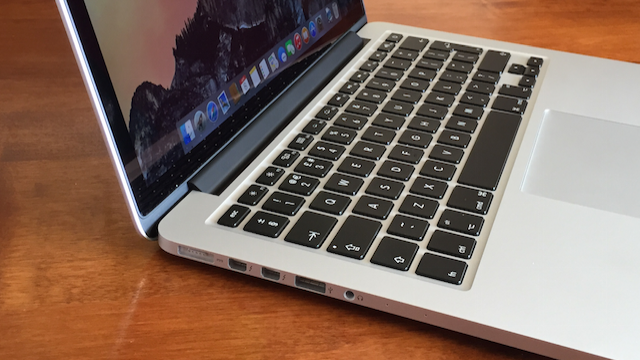
At 1.35kg, it's lighter than the MacBook Pro (1.57kg), but is 220 grams such a huge difference? Also, with an advertised 12 hours of wireless web surfing on a single charge, the Air beats the Pro (which offers nine hours of battery life).
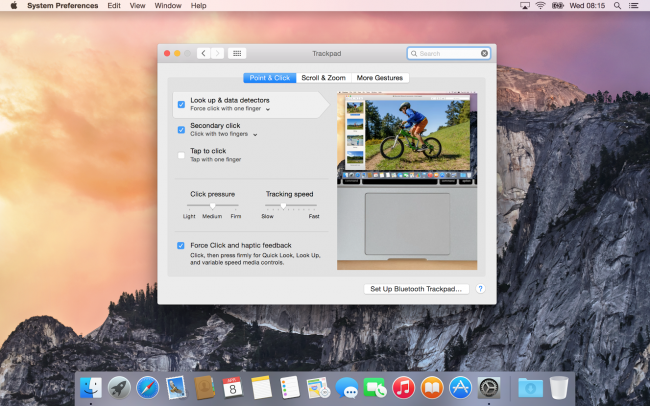
Verdict
The Pro's performance is still excellent in this respect, anyway. If you have specific needs that prioritise lightness and battery life, you might consider the 13-inch MacBook Air, but for the majority of users, this entry-level 13-inch MacBook Pro with Retina display is by far the better value.
Liked this? Check out our guide to the best laptops

Dan is a previous Editor for T3.com and covered the latest in computing, home entertainment and mobile tech. He's also the former Deputy Editor of TechRadar and former Editor of Lifehacker UK. Dan has written for numerous computing and lifestyle magazines and has also written a book, too. You'll see him pop up in numerous places, having been quoted in or on The Sun, BBC World Service, BBC News Online, ITN News, BBC Radio 5Live, BBC Radio 4 and Sky News Radio.